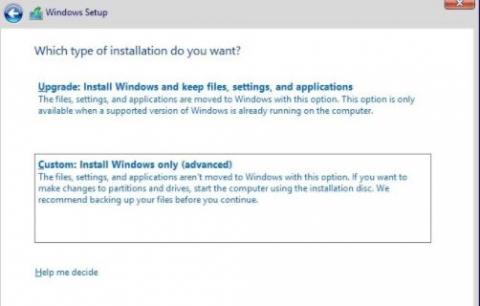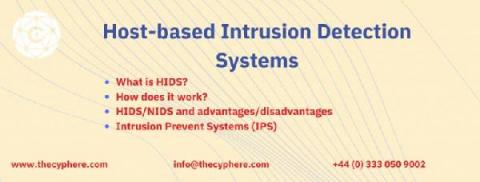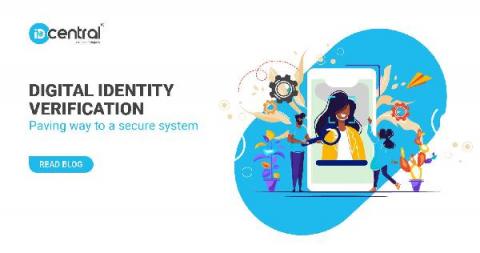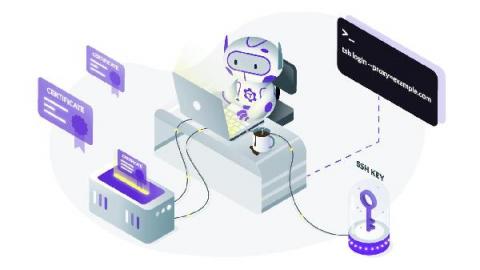SrClient DLL Hijacking: a Windows Server 2012 0-day that won't be patched
I recently discovered that all versions of Windows Server 2012 (but not Server 2012 R2) are affected by a DLL hijacking vulnerability that can be exploited for privilege escalation. Moreover, the flaw can be triggered by a regular user and does not require a system reboot. Sounds like a pretty big deal, right? Well, not according to Microsoft, unfortunately.











